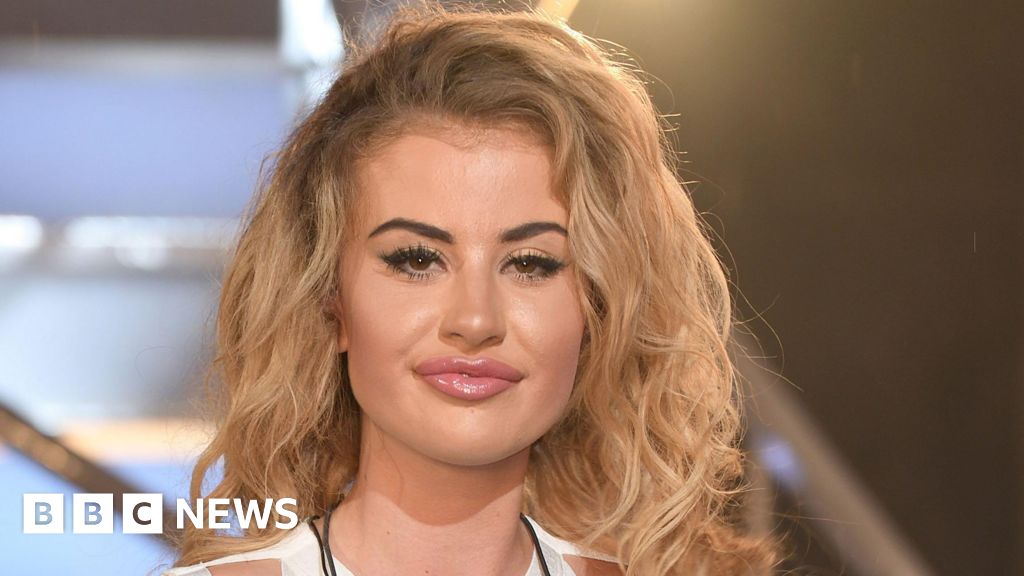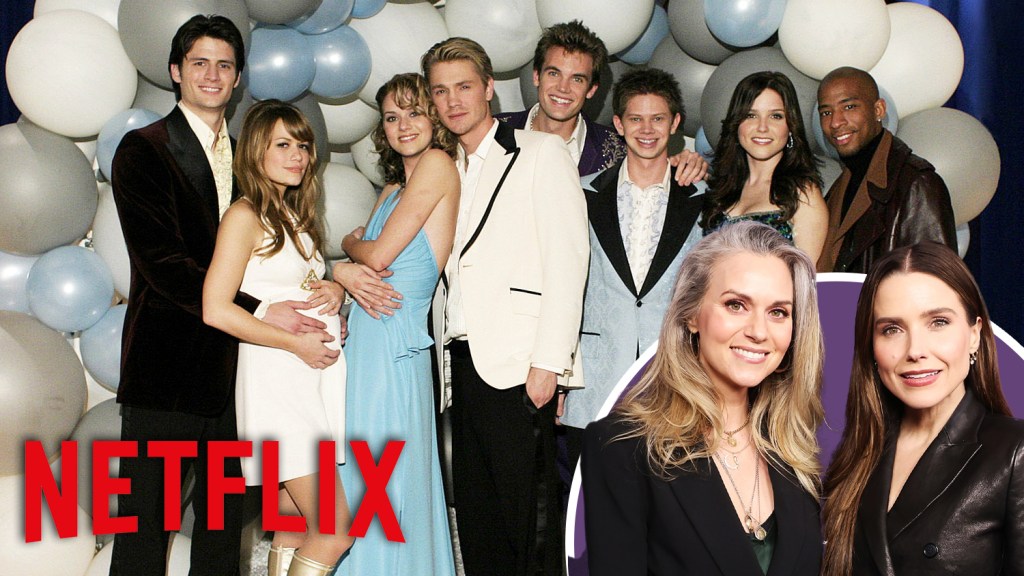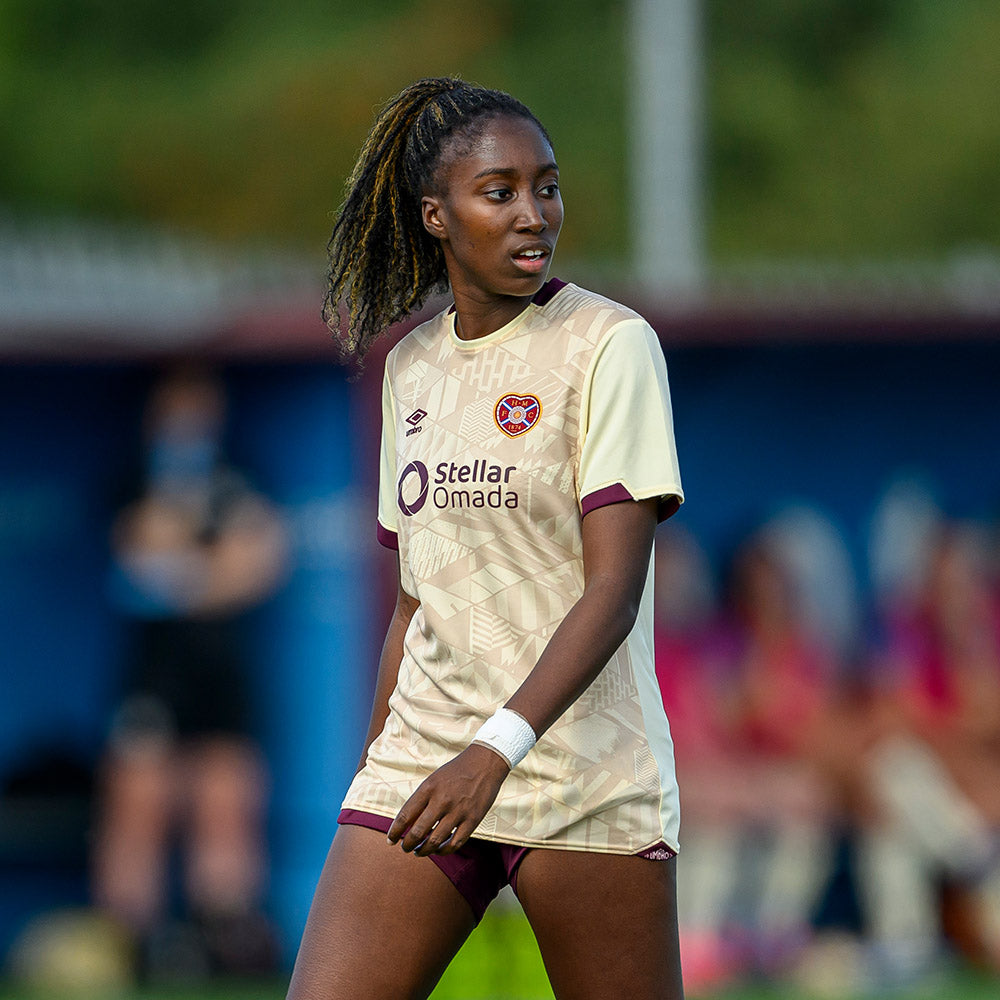Model's Kidnapping: Years Later, Chloe Ayling Still Faces Doubt

In 2017, model Chloe Ayling was lured to a fake photoshoot in Milan, drugged, and kidnapped. She was released six days later, but the ordeal has had a lasting impact. Seven years on, she still faces accusations of lying, with online abuse continuing to plague her.
Ayling's story is now being told in a six-part BBC series, "Kidnapped: The Chloe Ayling Story," which premiered on BBC iPlayer in August. The series, based on police interviews, court transcripts, and personal accounts, sheds light on Ayling's kidnapping and the subsequent media storm that followed.
The series offers a chance to rectify the narrative that has long surrounded Ayling's experience. For years, she faced criticism from those who doubted her account, accusing her of fabricating the abduction, profiting from it, and even engaging in a publicity stunt.
"Headlines really stick in people's minds, even years later," Ayling told the BBC, explaining the persistent online abuse she continues to receive from those who question her story.
Ayling worked closely with the drama's writer, Georgia Lester, and producers to ensure her story was presented accurately. "All I wanted was the facts to be laid out and everyone to know what actually happened," she said, expressing her hope that sharing her experience will help others. "This should be a lesson for people not to judge victims based on the way they act or react," she added.
Ayling's ordeal began in July 2017 when she was lured to Italy by Lukasz Herba, who drugged her and held her captive in a remote farmhouse. Herba initially claimed that Ayling would be sold online unless a £230,000 ransom was paid. He eventually released her to the British consulate in Milan after six days.
Upon her return to the UK, Ayling, then 20 years old, faced a barrage of criticism. She was questioned about her behaviour, with some questioning why she smiled for cameras. "It was just so big and overpowering," Ayling recalled. "It was blown out of proportion, there were things that were missed out and it was going in a direction that was not true."
Regarding her smile, Ayling clarified: "That was genuinely how I was feeling at the time. I was happy to be home. I was happy this was over, so why shouldn't I be smiling?"
Even after Herba was sentenced to 16 years and nine months in prison for kidnapping, Ayling continued to face accusations of dishonesty. She believes her profession as a model contributed to the negative response she received. "I do believe if my job was different, it wouldn't be the same reaction," she said, emphasising that a victim's appearance, behaviour, or emotional response should not be used to discredit their experiences.
Since the kidnapping, Ayling has published a book and appeared on "Celebrity Big Brother." Despite the backlash, she stands by her choices. "I was true to myself and did what I want[ed] to do, so I don't have any regrets," she said.
The BBC drama arrives as Herba's brother, Michal Herba, who was also involved in Ayling's abduction, has been released from prison after his sentence was reduced following an appeal. "I think he should have been in prison for a lot longer," Ayling said of Michal Herba. "The fact that they still don't take accountability and still want to make lies and not be responsible for what they did [is] even more annoying."
Years later, Ayling is trying to move forward. "I don't get flashbacks or anything like that," she said, although the process of making the drama required her to revisit the traumatic experience. "I [had] to put myself back in that position to remember key details and how I felt at the time."
The drama's writer, Georgia Lester, who has also worked on shows like "Killing Eve" and "Skins," believes the series goes beyond Ayling's personal story. "I think the wider story here is about how we treat victims, specifically women," Lester said. She added, "It feels like a timely and important drama."
The National Police Chiefs' Council recently reported on the alarming scale of violence against women and girls in the UK, estimating that one in every 12 women will experience such violence annually. Amanda Rowe, lead for violence against women and girls at the Independent Office for Police Conduct, acknowledges that some victims have negative experiences when reporting such crimes. "Fear of being made to feel responsible for what has happened to them can put people off reporting these crimes," she said.
Lester hopes the BBC drama will encourage viewers to believe women and vindicate Ayling in the eyes of those who judged her. "I want the world to know that what I'm saying is true," Ayling said.





